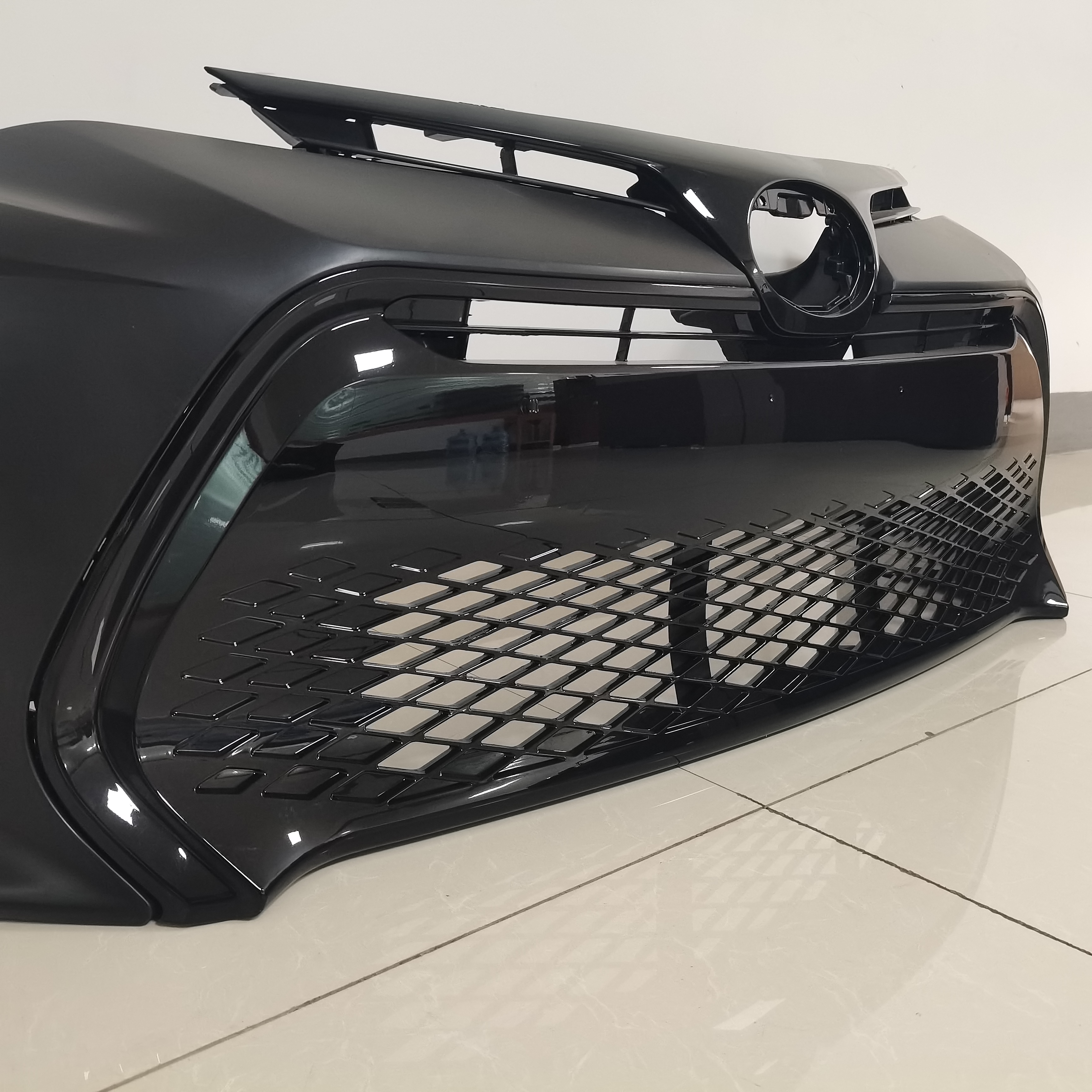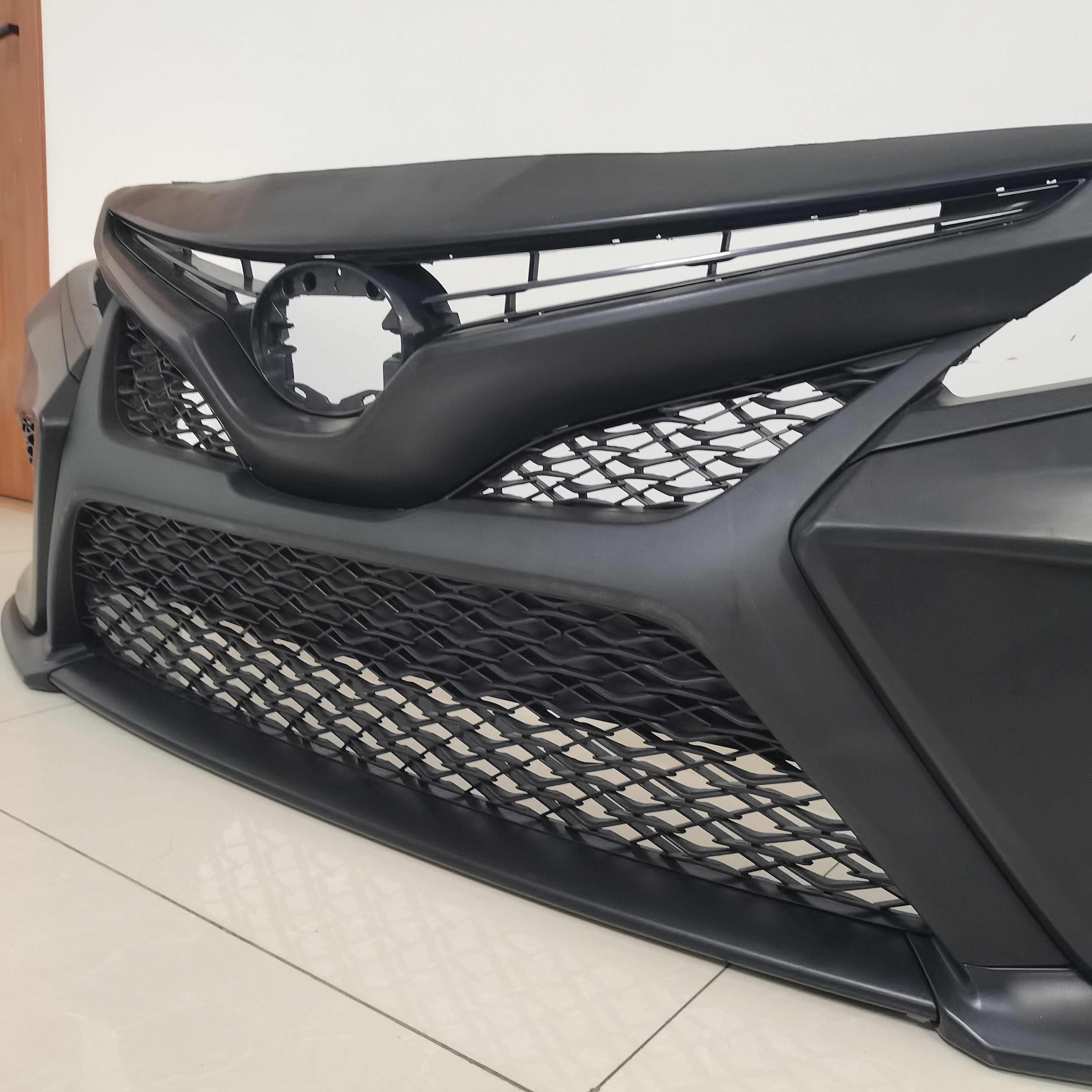What Are Car Grills For: Functionality, Design, and Importance
Car grills are often overlooked components of a vehicle, yet they play a crucial role in both aesthetics and functionality. This article delves into the purpose of automotive grills, their design variations, and their significance in automotive engineering.
What is a Car Grill?
A auto grille, commonly referred to as a grille, is the front part of a vehicle that allows air to flow into the engine compartment. It is typically located between the headlights and is often made of metal, plastic, or a combination of materials. The grill’s design can vary significantly across different makes and models, contributing to the vehicle's overall appearance.
The Primary Functions of a Car Grill
1. Airflow Regulation
The primary function of a car grill is to facilitate airflow into the engine compartment. As the engine operates, it generates heat. The grill allows cool air to enter, helping to dissipate this heat and maintain optimal operating temperatures. This airflow is critical for preventing overheating, which can lead to engine damage or failure.
2. Engine Cooling
In addition to regulating airflow, the grill plays a vital role in cooling the engine. The air that enters through the grill is directed towards the radiator, where it helps to cool the engine coolant. This process is essential for maintaining engine efficiency and performance, especially during prolonged driving or in hot weather conditions.
3. Protection Against Debris
Car grills also serve as a protective barrier against debris, such as rocks, leaves, and insects. By filtering out these particles, grills help prevent damage to vital components located behind them, including the radiator and engine. This protective function is particularly important for off-road vehicles, which are more likely to encounter various obstacles.
4. Aesthetic Appeal
Beyond functionality, grills contribute significantly to a vehicle's aesthetic appeal. Manufacturers often design grills to reflect the brand's identity and enhance the car's overall look. From bold and aggressive styles to sleek and modern designs, the grill can set the tone for the entire vehicle. Custom grills are also popular among car enthusiasts, allowing for personalization and unique expression.
5. Aerodynamics
Grill design can influence a vehicle's aerodynamics. A well-designed grill can reduce drag, improving fuel efficiency and overall performance. Manufacturers often invest in research and development to create grills that optimize airflow while maintaining the vehicle's sleek appearance.
Types of Car Grills
Car grills come in various styles and designs, each serving different purposes and aesthetic preferences. Here are some common types:
1. Mesh Grills
Mesh grills are characterized by their open design, allowing for maximum airflow. They are often used in performance cars and sports models, where cooling is paramount. The mesh pattern can vary, offering a blend of functionality and style.
2. Bar Grills
Bar grills feature horizontal or vertical bars that create a more traditional look. They can provide a balance between airflow and protection, making them popular in SUVs and trucks. These grills can also be customized with different finishes and materials.
3. Solid Grills
Solid grills are designed primarily for aesthetics, often found on luxury vehicles. While they may limit airflow compared to mesh or bar grills, they can still incorporate functional elements, such as hidden air ducts.
4. Active Grills
Active grills are an innovative solution in modern automotive design. These grills can adjust their openings based on the vehicle's speed and temperature, optimizing airflow when needed and closing to enhance aerodynamics when not in use. This technology contributes to improved fuel efficiency and reduced drag.
The Importance of Grills in Automotive Safety
Grills also play a role in automotive safety. They are designed to withstand impacts, protecting critical components behind them. In the event of a minor collision, a well-constructed grill can absorb some of the impact, minimizing damage to the engine and other vital parts.
Maintenance and Care
Maintaining your auto grille is essential for both functionality and appearance. Regular cleaning helps prevent the buildup of dirt and debris, ensuring optimal airflow. Additionally, checking for cracks or damage can prevent larger issues down the line. If your grill has been damaged, it’s crucial to replace it promptly to maintain the vehicle’s performance and aesthetic appeal.
Conclusion
Car grills are more than just decorative elements; they are integral components that contribute to engine cooling, airflow regulation, and overall vehicle safety. With various designs available, grills can enhance a vehicle's aesthetic appeal while serving essential functional purposes. Understanding the importance of automotive grilles can help vehicle owners appreciate their role in automotive engineering and make informed decisions about maintenance and customization. Whether you're a car enthusiast or a casual driver, recognizing the significance of grills can enhance your overall driving experience. By ensuring your car grill is in good condition, you can contribute to your vehicle' s performance, safety, and appearance, making it a vital aspect of automotive care.
TYJ Vehicle Parts is a professional automotive grille supplier and manufacturer in China, we can provide high quality automotive grille with a more competitive price, welcome to contact us!

PROFESSIONAL AUTO PARTS
CONTACT US
Tel : 0086-519-83502018 / 83243965
Fax : 0086-519-83241796
Mobile : 0086-13706116223 0086-18961226223
Email : jiangsu.cz@xy-tyj.com
If you have any question, please contact us.
A professional auto parts brand since 2007 - TYJ Vehicle Parts















